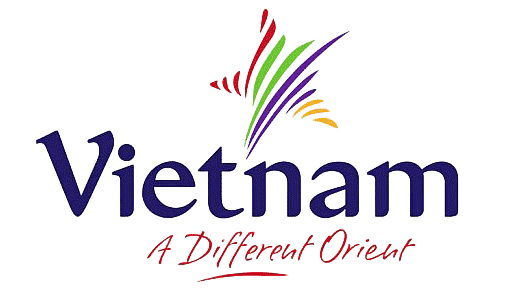Trò Chơi, often translated as "game" or "play," is more than just a simple form of entertainment in Vietnam. It is a deeply rooted cultural phenomenon that reflects the nation's history, social values, and artistic expressions. The term Trò Chói refers to various forms of playful activities, games, and performances that have been an integral part of Vietnamese life for centuries.
Historically, Trò Chơi was not just confined to children or casual gatherings. It played a significant role in community bonding, problem-solving, and even in political and religious contexts. For instance, traditional games like Hội chọi con (a contest of wits) and Tiến tài (a board game) were popular among all age groups and often served as platforms for intellectual exchange and social interaction.
In modern times, Trò Chơi has evolved to encompass a wide range of activities that cater to different ages and interests. From video games and online challenges to traditional sports and cultural festivals, play has become a versatile tool for education, business, and personal development. For example, often use Trò Chơi as a team-building exercise, while schools incorporate it into their curriculum to enhance creativity and critical thinking among students.
The versatility of Trò Chói is also evident in its adaptability across different social contexts. It can be found at family gatherings, political campaigns, religious ceremonies, and even in urban settings like coffee shops where people gather to share stories or play simple games on their phones. This widespread appeal underscores its importance as a reflection of Vietnamese society's ability to find joy and meaning in shared experiences.
Moreover, Trò Chơi has become a symbol of cultural identity in Vietnam. It is through these playful activities that the nation preserves its traditions and fosters a sense of belonging among its people. As Vietnamese society continues to evolve, so too does its approach to play, ensuring that Trò Chói remains an ever-relevant and dynamic component of the landscape.
In conclusion, Trò Chơi is more than just a word; it represents a mindset and a way of life that values creativity, collaboration, and the joy of shared experiences. Its enduring presence in Vietnam serves as a testament to the enduring human love for play, no matter the era or context.
Nguồn bài viết : Kết quả bóng đá




